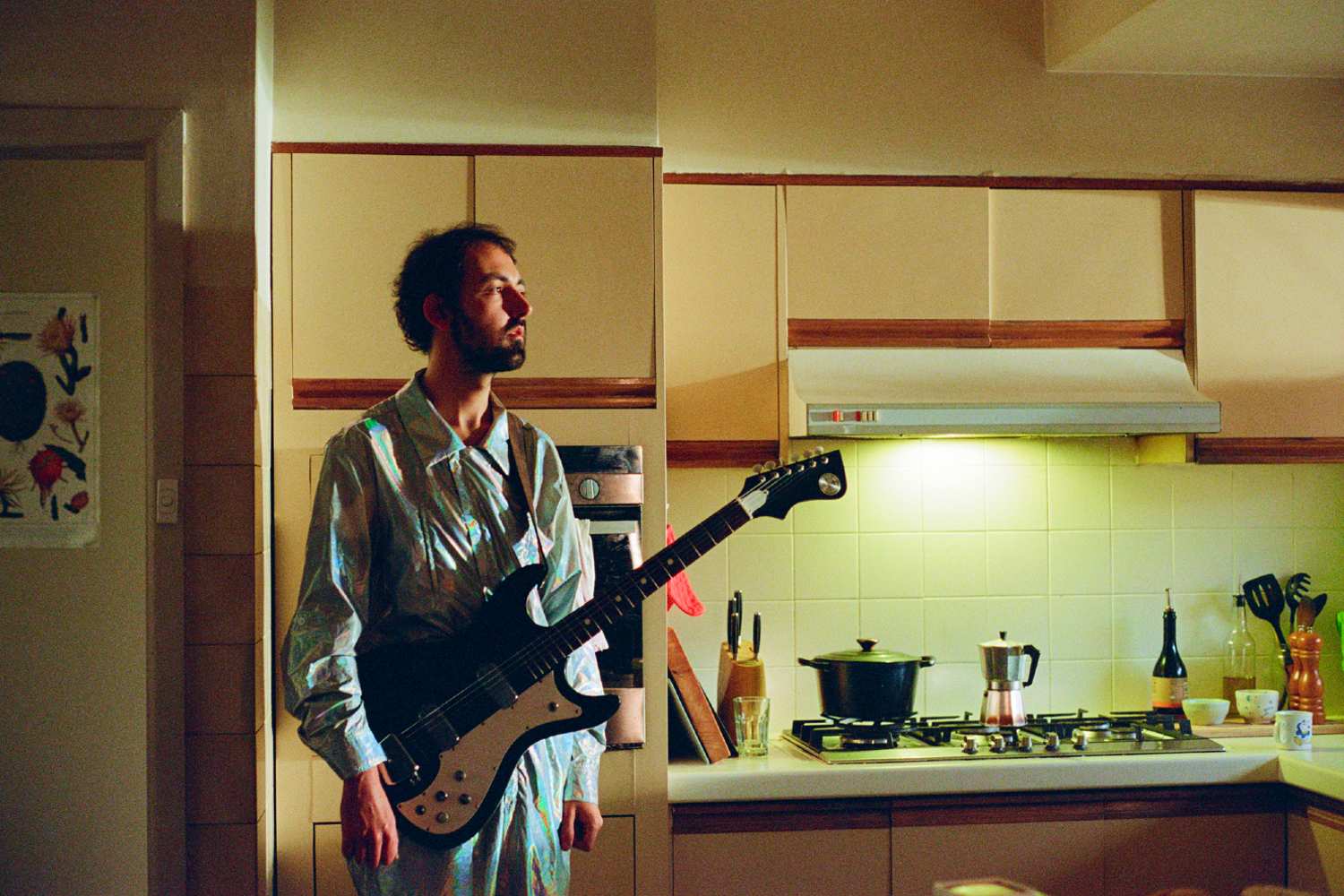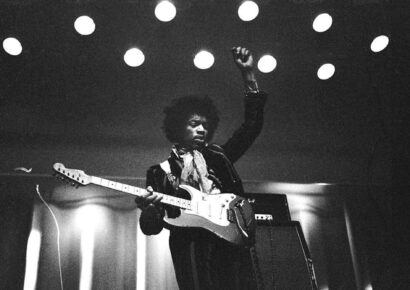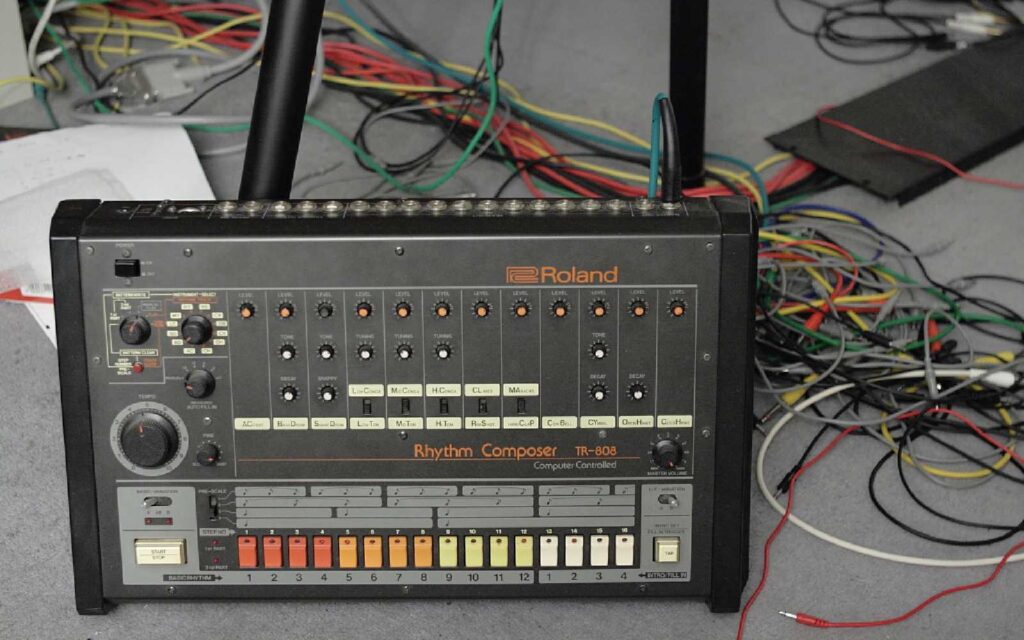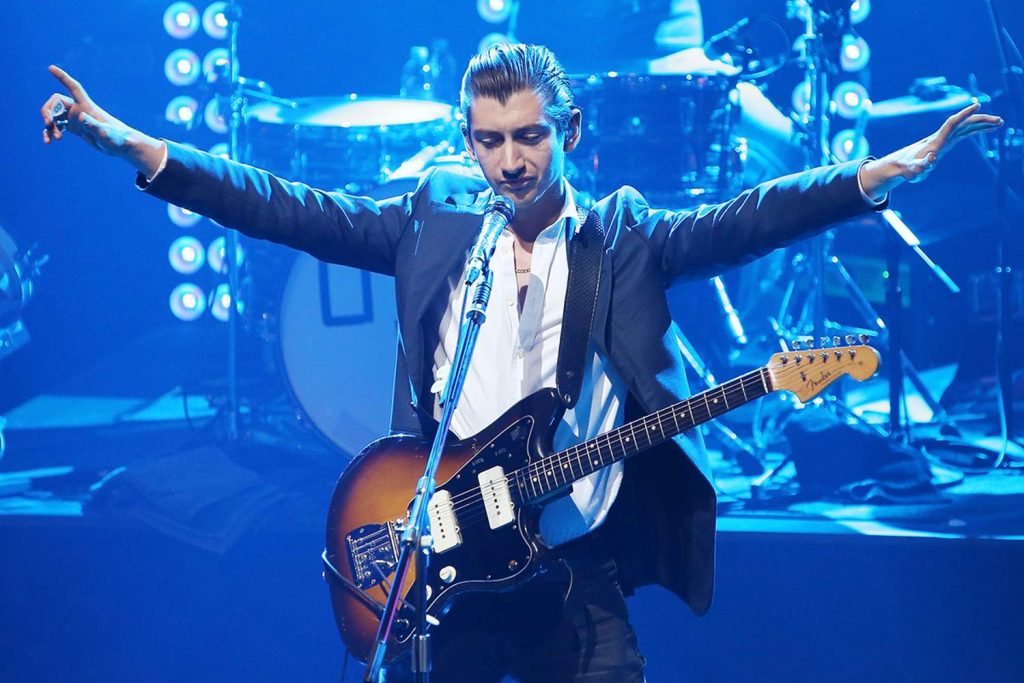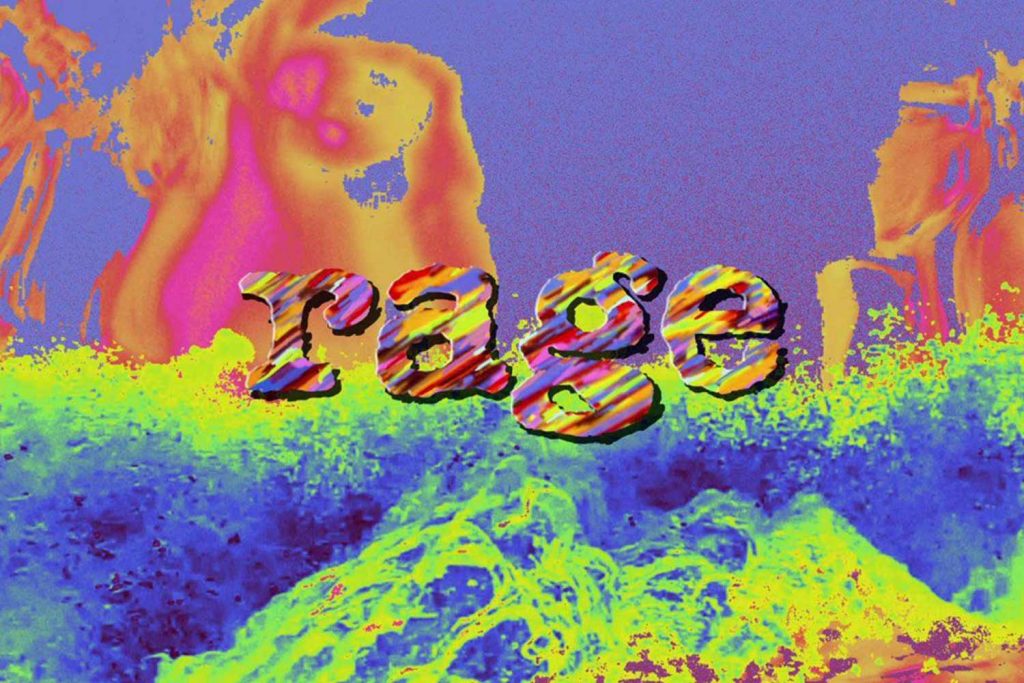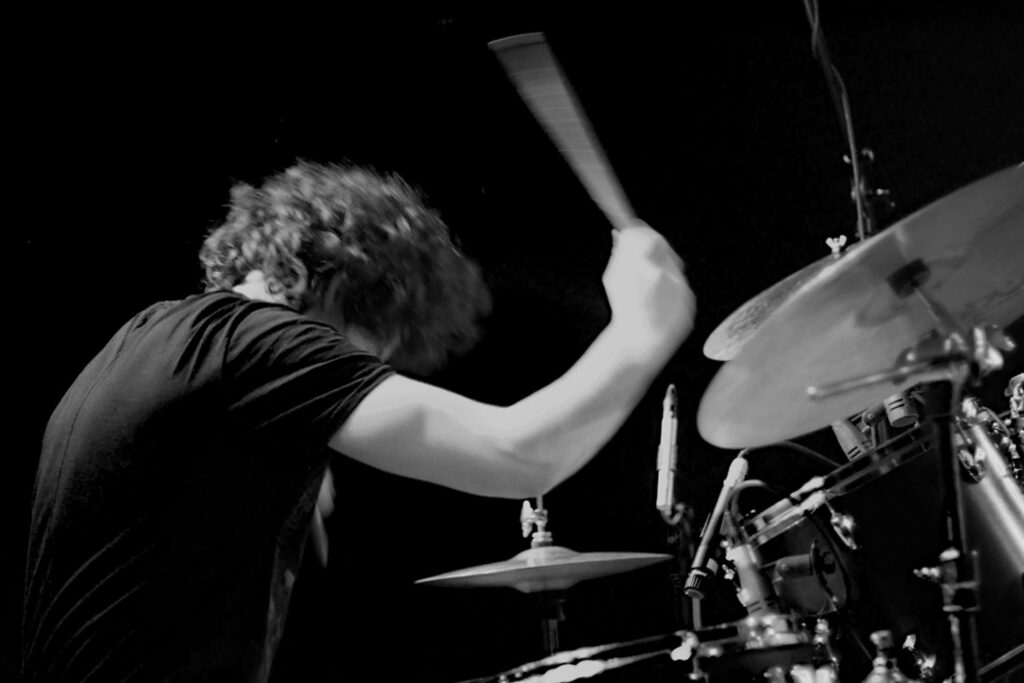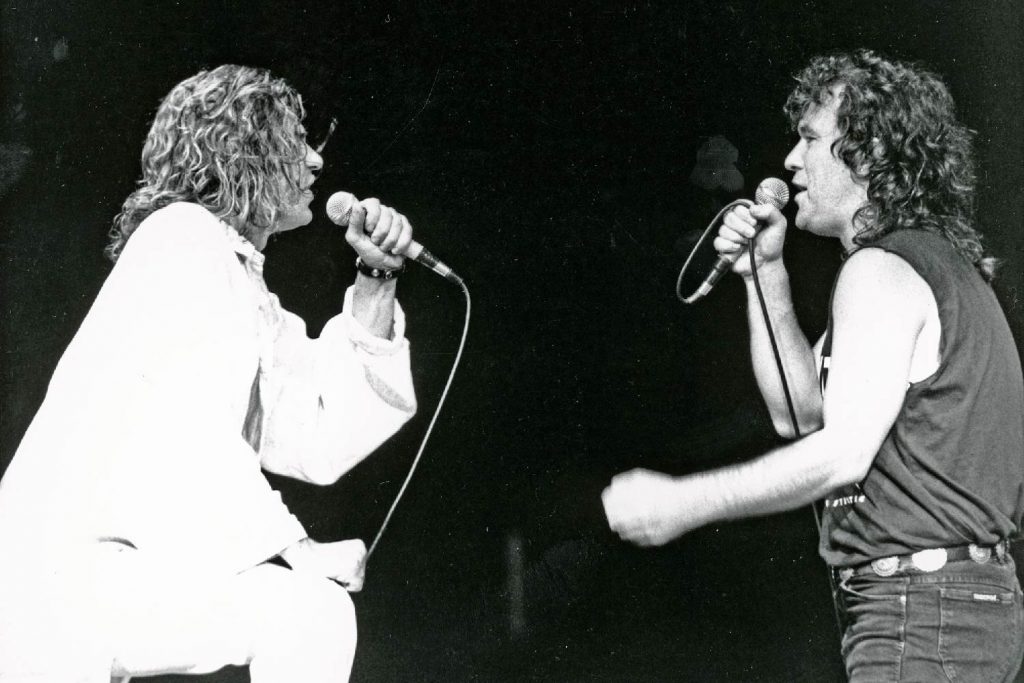Ahead of the release of Offline, we had a chat to Lewis Coleman about his songwriting and recording process!
Lewis Coleman is a musician, singer and songwriter, a collaborator and a “tender boy going on a trip with a rock n’ roll man” by his own definition.
His new album Offline was released last week, tying together all of his influences and lessons learned in making music with and for others. Ahead of the release, we had a chat to Lewis Coleman about his songwriting and recording process!
Read up on all the latest interviews, features and columns here.
Lewis, congratulations on the release of Offline! How and where did writing for this record begin?
Thanks a bunch! So the oldest tunes on the record are probably “Indigo” and “Torn Line”, which I started writing back in 2017-18! I actually recorded a version of “Indigo“ for my first record Method of Places but it didn’t make it on there.
At the time of starting those tunes, there was no mission really to write any specific album, though as it often goes for me and making records, I’m assuming some are going to end up on one at some point.
The realisation that I was more deliberately writing a new record probably set in after 4/5 tunes were taking shape and I could see some form of cohesion between them. The true catalyst probably came around the start of 2020 when I demoed the song “Courts”, it was a fairly direct song, reflecting on the passing of my last long-term relationship. I hadn’t written too many tunes before that were so straight up and musically felt excited by the more playful and energising mood of it.
There was probably a 6 month period after recording “Courts” where I didn’t add any more songs to the list, we hit the pandemic at that time, and eventually after settling in I revisited the writing and recording process with Courts in mind and produced “Your Future”, “Sip”, “Sandy”, and “Talking To Yourself” within a short period, and it was at that point that I felt like I was consciously constructing an album with a saturated energetic palate.
How quickly do songs come together for you? If you demo songs, how do you do it?
More often than not, the song and a demo will get about 70% of the way within a sitting or two, it’s obviously easier when you’re excited, and the time passes without really thinking about it, I was inspired by a musical direction, and I put things in place on my computer in the form of sounds and presets that allowed me to work quicker and the sonic result to be more satisfying so I could continue to be inspired to keep going. Repetition is helpful, showing up to write something multiple days in a row, I really found myself getting to the point of inspiration and execution quicker, something that ebbs and flows for me, like currently I have not written a tune for myself for quite a while but feel like with the release of this record I will be ready to step in again soon.
Tools-wise, I just believe in anything you feel comfortable with. For some reason I started using Ableton years ago and have just gotten to know that instrument the best so that’s what I use, I’m not as super picky with the microphone choices as maybe I should be, but then again I probably am picky about the sound, so really if anything is working I just run with it, I enjoy producing a more complete sound as I’m demoing, it helps me realise the potential of a song better, I don’t often have pre-conceived lyrics, I generally sing ‘space-language’ as Sam Cromack calls it, going with the feeling of the music and singing off the cuff phrases and vowel/consonant sounds and then something might pop up like a sentence that makes sense, and I can work back and start piecing together what the song might actually be about. That happened with the song “Sip”, I babbled through the intro and then before the band kick in I took a sip of coffee and started singing “I took a sip of something warm to feel it in my throat”, and there was the title and a bit of the theme for the second half of the tune.
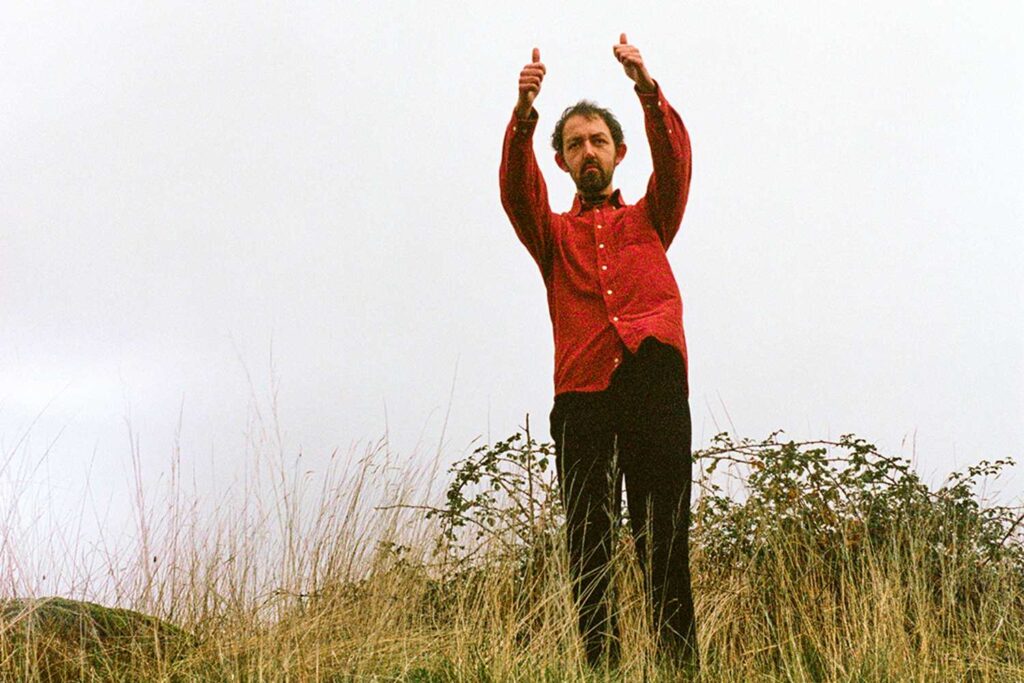
We understand you’ve produced for other artists, how does this affect your own music?
Yeah! I’ve produced music predominantly for Mo’Ju’; O.K.’ and ‘Oro Plata Mata’ and Darvid Thor, whose record is coming out next year! They both came about while I was piecing together songs for Offline. Listening to them, it’s a very different landscape to the record I’ve made, but the goal of producing for an artist I believe is serving the song/landscape that the artist is trying to achieve. It’s refreshing to step out into a different world and then come back, I enjoy that about a producing role, working within limitations and themes set by the vision of the artist, which leads you to come up with things you might not make on your own.
How were the songs recorded? Did you go to a commercial studio or maybe they’re more bedroom-style recordings. A mix of both?
Anything that resembles a guitar, bass, synth, piano, or vocals was done by myself at home or at Prawn Records, I had my siblings come around and my friend Ella Sweeney to sing some harmonies on “Sandy” and “Eggshells”, the group vocals at the end of “Offline” were done at my house, in the middle of my 29th birthday party. I tracked most of the drums with Jesse Glass (drummer) and Henry Jenkins (engineer) at a shared studio space we had for many years in Collingwood, there’s actually three more drummers on the record though, Sam Cromack, Louis McDonald and Hudson Whitlock. Recordings which I’d collected over the years in kind of the spur-of-the-moment fashion of, ‘Hey would you mind just going for a take over this song?’
I also had Emma Kelley record and arrange some strings at their house, so it was very much a small studio affair like it always has been, but a bit of a collage of bringing in friends where I needed it. Prior to the drums and strings being recorded I had placeholder fake stuff in there that gave enough vibe to arrange and realise those parts. But it was really enjoyable getting to the point of weaving other musicians into it, and something I’d probably like to explore at an earlier stage in the recording process next time. Through the trajectory of the last two albums and probably through producing and performing for other artists I have begun to re-appreciate how much easier it can be to let people in to the music, and how rewarding it is coming out at the end of it with their flavours stitched in.
The album combines a bunch of styles into one cohesive sound. How do you define your music?
Currently, it’s a tender boy going on a trip with a rock n’ roll man.
How much have the final songs deviated from your original vision for them?
A lot of them not very much hahaha, I guess that’s the nature of home recording sometimes and kind of recording them as you’re writing them, you’re realising it sonically as you’re building it and I find it actually be a bit tricky to completely pivot. The ones that did change a bit, “Indigo” and “Golden Morning”, came about because I was sitting around with Sam, outside of the computer session, working through the core of the tune just with instruments lying around. And that made changing it up so much easier because I knew there was something that wasn’t right about them and was struggling to see them differently. Perhaps an experiment for the future will be to not try and fully sonically realise a song before it’s done! I’m still proud of how it all turned out this time though.
Thanks for your time! As a closer can you share any stories from the making of Offline?
Thank you! I think a fundamental ethos of Offline was just to record it and see what happens, and leave anything fun in. I suppose as a way to combat the nature of home recording and being able to edit and try and endlessly hone. The lead guitar take in “Offline” just came immediately after demoing the vocals, I hit record before I figured out what I was going to do and where the proper notes on the guitar were (as you can probably tell). It has this quality of finding its feet as it goes along. Recording the vocals I would keep myself in the moment by babbling some nonsense in between phrases, taking sips of a drink, I kept a lot of that in. The photos for the artwork were just like, ‘follow me around while we make the music video and let’s hope we get the artwork.’
The finished painting for the cover was Myka Wallace’s final muck around with something because they had one leftover scan of the photo to use up. Just trying to manufacture as much candid as possible, if thats not ironic. Trying to be Offline!
Keep up with Lewis Coleman here.
